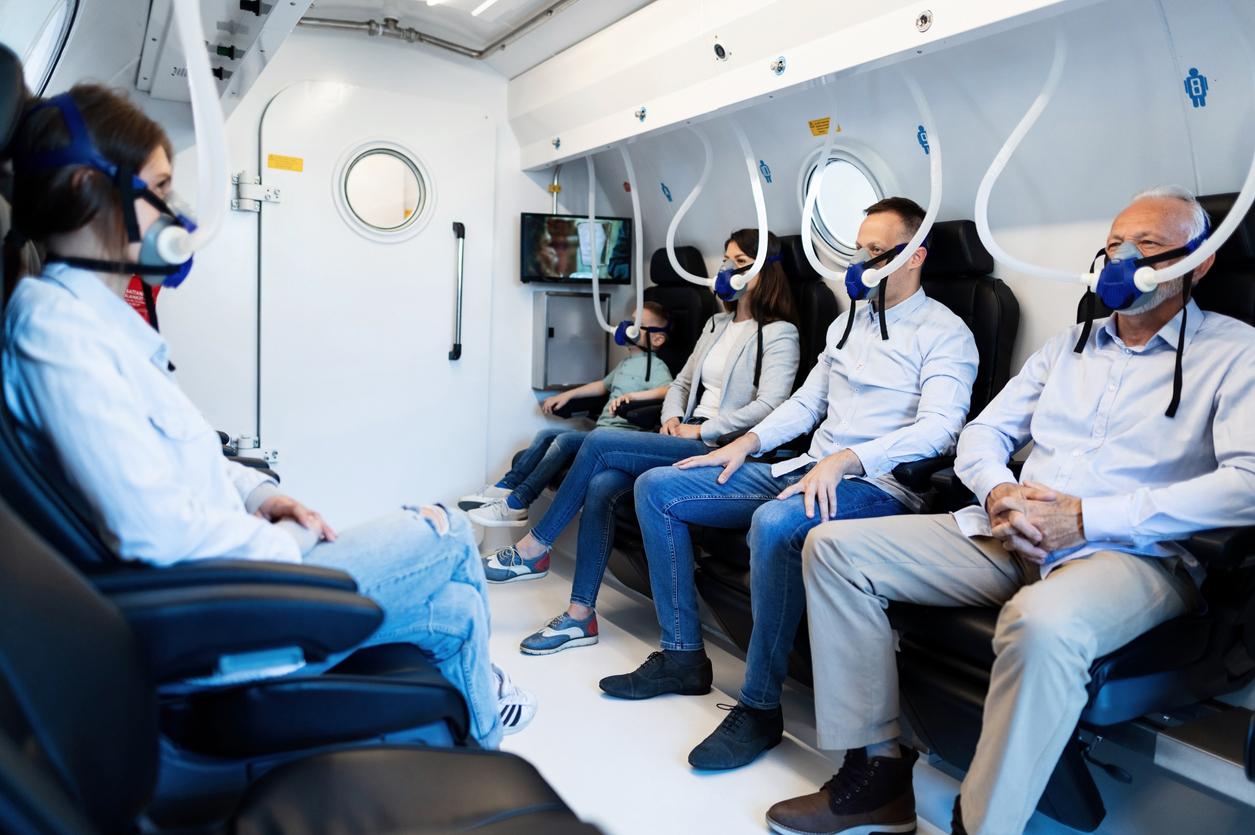Researchers say fructose, a widely consumed sugar, may promote the development of colorectal cancer by disrupting the immune system.

- By blocking the “polarization” of M1 macrophages, cells that fight tumors, fructose reduces the effectiveness of immune defenses.
- Researchers have in fact discovered that fructose activates the interaction between two proteins, HK2 and ITPR3, limiting the transfer of calcium and the activation of macrophages.
- These results highlight the importance of moderating fructose in your diet to reduce the risk of cancer and metabolic diseases.
Fructose, a sugar naturally present in fruits but also added in sodas, sweets and pastries, is associated with multiple pathologies such as obesity, diabetes and even “fatty liver disease”. A new study, published in Cell Metabolismtoday reveals a direct link between excessive consumption of fructose and the progression of colorectal cancer. Led by the Institute of Chemical Physics in Dalian, China, this research highlights how fructose influences the immune system, promoting tumor development.
Fructose and macrophages: a brake on the immune response?
Macrophages, the body’s key immune cells, divide into several types, including M1 macrophages, which attack cancer cells. However, researchers have observed that fructose inhibits the “polarization” of these M1 macrophages, thus limiting their ability to target and destroy cancer cells. The metabolism of fructose in these macrophages is thus much slower than in the liver, where this sugar is normally transformed.
To understand this inhibition, researchers studied the role of hexokinase 2 (HK2), an important enzyme in fructose metabolism. They discovered that fructose intensifies the interaction between HK2 and a protein called ITPR3, involved in the transport of calcium between the endoplasmic reticulum (the cellular compartment where proteins and lipids are manufactured) and the mitochondria (the “batteries” of cells). This interaction disrupts calcium transfer, thereby reducing mitochondrial activity and hindering the formation of endoplasmic reticulum-associated membranes, essential for an effective immune response.

An environment conducive to the proliferation of cancer cells
However, this reduction in intracellular calcium blocks a series of crucial immune mechanisms, including the activation of the MAPK protein p38, STAT1, and the NLRP3 inflammasome. These elements are essential for macrophages to adopt M1-like behavior and to effectively target cancer cells. By preventing this “polarization” of M1 macrophages, fructose thus creates an environment conducive to the proliferation of tumor cells.
Professor Piao, lead author of the study, summarizes in a press release : “Our results reveal a novel role for fructose as a signaling molecule that promotes colorectal cancer by inhibiting M1 macrophage polarization.” These results underline the importance of moderating fructose consumption to limit not only the risks of metabolic disorders, but also its potential impact on the development of cancers, starting with colorectal cancer.

















